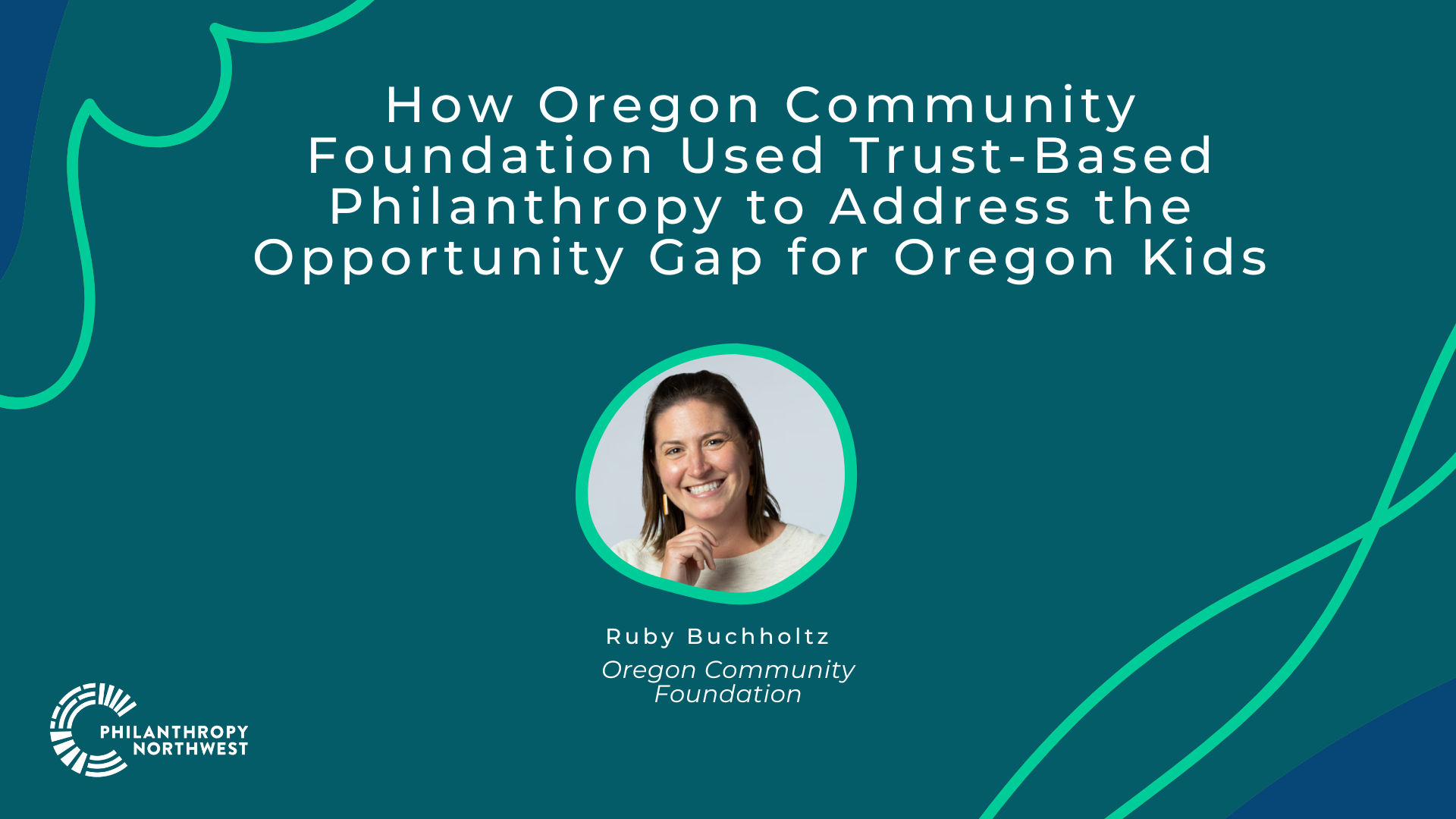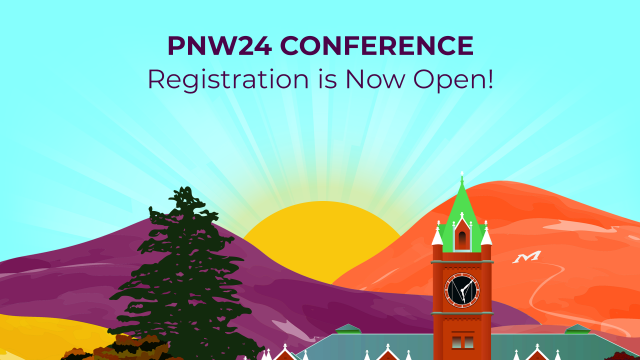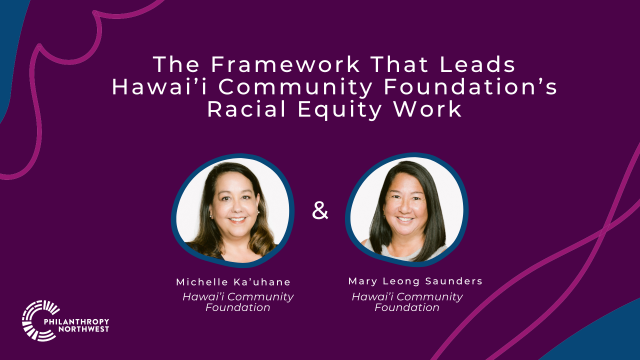
Launched in 2019, the Go Kids program aimed to overcome Oregon’s opportunity gap that is created by factors like where a person lives, their race and family background. Through its four years of operation, the initiative would grant over $2 million dollars in funding for Oregon’s underserved children and families before coming to a close in 2023.
Ruby Buchholtz, OCF program officer, who has hands-on experience with the Go Kids program explained how and why the foundation decided to prioritize addressing the opportunity gap in Oregon.
“The research team at Oregon Community Foundation publishes a biennial report called, Tracking Oregon’s Progress. In 2018, our team came back with data that showed a significant and growing opportunity gap between kids with different lived experiences. Kids that are BIPOC, living in rural or under-resourced areas or in low-income families had less access to educational enrichment opportunities and direct services, which leads to less economic opportunities and mobility. For the first time, we were seeing children growing up and being worse off than their parents.”
Like many programs, what was planned on paper and what happened in practice slightly differed. During the Go Kids’ operation there were several highlights that stood out as successes along with several lessons.
“There were definitely plenty of highlights. Particularly for me, one that stood out was how quickly you can build relationships with nonprofits. Just general conversations with them, check-ins with them. When community engagement and building relationships was part of my job description, I was able to meet the nonprofit where they were at and create a partnership with them. We were able to really build bonds between us which felt great,” Ruby says. “There was also a project, I think it was managed by the Boys & Girls Club, that provided structure to school kids being raised in stressful environments. That project was so successful in the initial school that it’s now being launched in other schools. This one project supported by our program has grown, and now organizations who were not directly a part of our Go Kids program are benefiting from it. In terms of challenges, there were some people who didn’t really understand the opportunity gap or they disagreed with the factors that influenced it. Those were difficult conversations.”
Because the initiative was an opportunity for OCF to pilot a program that used trust-based philanthropy, there was a learning curve for the foundation but ultimately it was a positive experience. “Our grantees loved trust-based philanthropy, so I loved it, too. The application was cut down, reporting was almost entirely removed from the process and overall it was just easier. Now, we’re implementing aspects of trust-based philanthropy into other parts of our work. The initiative also guaranteed funding for two years to recipients which I’m sure gave them a sense of stability and a little breathing room.”
Though the program has come to a close, its impact is present and persistent in both the nonprofits and people served. “If I had to pick one thing I’d want people to remember about the program,” Ruby says, “it’s to invest in community solutions because the community knows what they need.”
To learn more about the impact of Oregon Community Foundation’s Go Kids initiative, visit the community impact page on their website.


